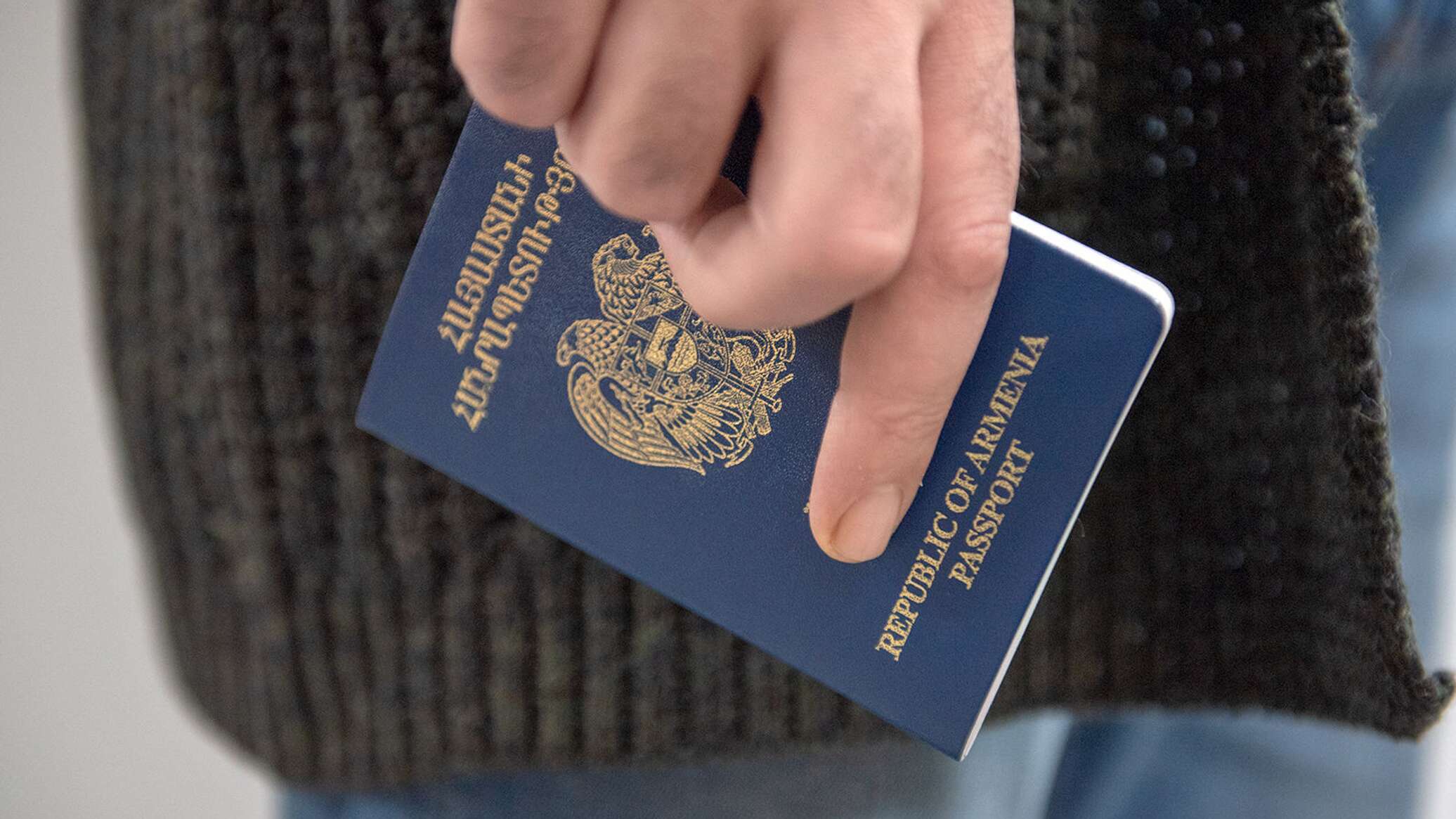Prison for actions against the sovereignty of Armenia: project of the Ministry of Justice
Criminalization of threats to the sovereignty of Armenia
Armenia plans to criminalize actions aimed at denying or limiting the sovereignty of the country. Actions to this end “committed with the use of violence or the threat of its use” will face a penalty of twelve to fifteen years in prison. The draft law was developed by the Ministry of Justice and has been published on the e-draft.am website for public discussion and for all experts who wish to comment on its content.
According to political scientist David Stepanyan, the project is highly relevant, as many threats to the sovereignty of Armenia have recently arisen.
Not only actions criminalized, but also appeals
The authors of the law believe that actions aimed at the complete or partial restriction of the sovereignty of Armenia can be carried out “in favor of another state or an international or supranational organization.”
The purpose of the project, as stated in its rationale, is to create criminal legal measures to protect the sovereignty of the country.
If the law is passed, not only actions but also “public calls aimed at giving up sovereignty” will be criminalized. What punishment will be imposed in this case is not specified.
It also states that criminal liability for actions aimed at renunciation of sovereignty is also provided for in a number of European countries, in particular Germany, Lithuania, Estonia and Slovakia.
Does the project restrict freedom of speech?
Since the draft law assumes criminal liability for “public calls to give up sovereignty,” the Ministry of Justice also raised the issue of restricting freedom of speech. International experience was studied, specifically “the conditions and permissible limits for restricting the right to freedom of speech” in the context of protecting state security.
“In authoritative international documents and in the jurisprudence of the ECHR, the restriction of the right to freedom of speech in order to protect national security and the determination of responsibility are recognized as lawful in themselves, if the expression of opinion (public appeal, speech, article and other forms of expression of opinion) is aimed at inciting to violence or contains a threat of its use,” the project justification says.
Expert opinion
Political scientist David Stepanyan believes that the law is highly relevant today. Since 1991 Armenia has not faced such challenges and threats to its sovereignty as now. He mentions the demand from Azerbaijan to provide the so-called “Zangezur corridor”, a road to Azerbaijan’s Nakhichevan enclave.
“The “Zangezur corridor” is demanded from Armenia. They also demand part of the country’s sovereign territories, the so-called enclaves. Russia, Turkey and Azerbaijan put these demands to Armenia. Step by step they become louder and bolder,” David Stepanyan told JAMnews.
Stepanyan sees no connection between calls to give up sovereignty and freedom of speech — such appeals contain “criminal elements”.
He cites as an example the wording “Armenia should join the union state, it is in the interests of the country.” Stepanyan says that such a statement cannot be regarded as a manifestation of freedom of speech:
“Such calls should be punished according to Armenian legislation. This is required by the dangers that the sovereignty of the country is facing today, and by the interests of the Armenian people. If we do not want to lose our sovereignty, our independence, then this law is a necessity along with all other steps in this direction.”
Follow us – Twitter | Facebook | Instagram
Criminalization of threats to the sovereignty of Armenia




















